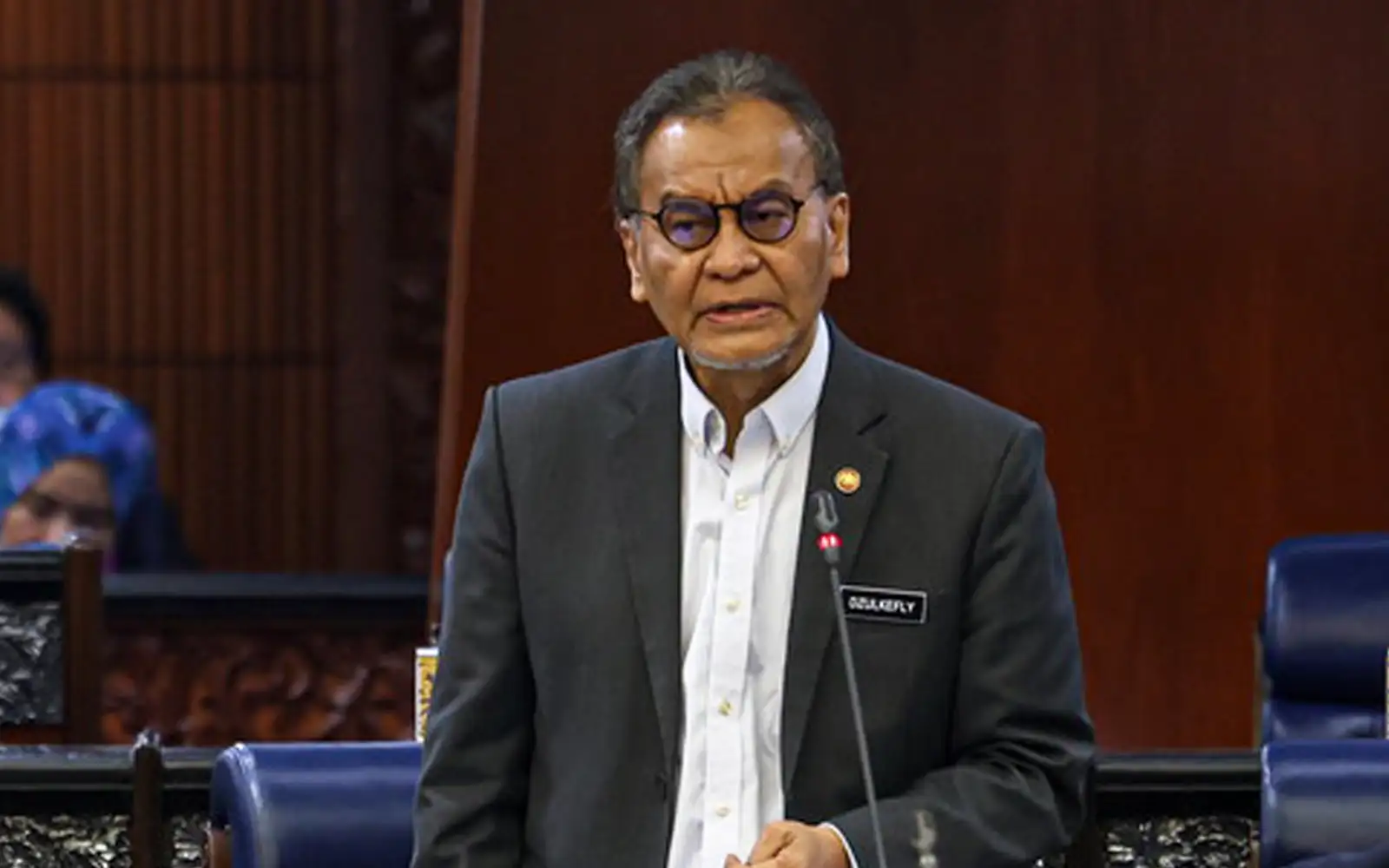
KUALA LUMPUR: The hike in costs for the health ministry’s procurement of medicine and vaccines was one of the factors it spent close to RM572 million over the RM4.9 billion allocated under the 2023 budget.
Health minister Dzulkefly Ahmad explained that the ministry purchased such medication through three methods.
Firstly, via central procurement where the ministry directly manages and oversees the procurement. Secondly, procurements are handled by concession holder Pharmaniaga Bhd through the approved products purchase list (APPL).
The third method involves healthcare facilities procuring supplies through tender, subject to a RM500,000 limit.
“Pharmaceutical products that were taken out of the APPL following the expiration of the government’s concession contract with Pharmaniaga on June 30, 2023, saw an increase in prices of up to five times when purchased through tender.
“Whether purchased through central procurement or tender, these supplies experience an increase,” he said, adding that he had encountered instances where some products saw a 200% to 300% increase in prices.
Dzulkefly said this in his winding-up speech of the supplementary supplies bill in the Dewan Rakyat.
In January 2022, the company was given a conditional agreement to continue supplying medical supplies to the government for 10 years subject to the agreement on the terms, which were supposed to be finalised before Dec 31, 2022.
However, in February 2023, Pharmaniaga fell under the Practice Note 17 (PN17) classification for financially distressed companies after posting its largest ever quarterly net loss of RM664.39 million in the fourth quarter ended Dec 31, 2022.
The pharmaceutical company was then given a six-month extension to continue its supply till the end of June pending the finalisation of the new concession deal.
In January 2024, Pharmaniaga announced that its wholly-owned subsidiary Pharmaniaga Logistics Sdn Bhd had entered into a seven-year concession agreement with the ministry to undertake the procurement, storage, supply, and delivery of medical products to public sector customers.
The agreement takes effect retrospectively from July 1, 2023, and will remain in force until June 30, 2030, or subject to earlier termination.
Dzulkefly said the other factors that contributed to the ministry’s higher expenditure included adjustments to staff salary to comply with the 2022 minimum wage revision as well as additional expenditure for hospital management such as cleaning and food services.
He also attributed the higher expenditure to a higher number of patient referrals due to increased health screenings. - FMT



No comments:
Post a Comment
Note: Only a member of this blog may post a comment.